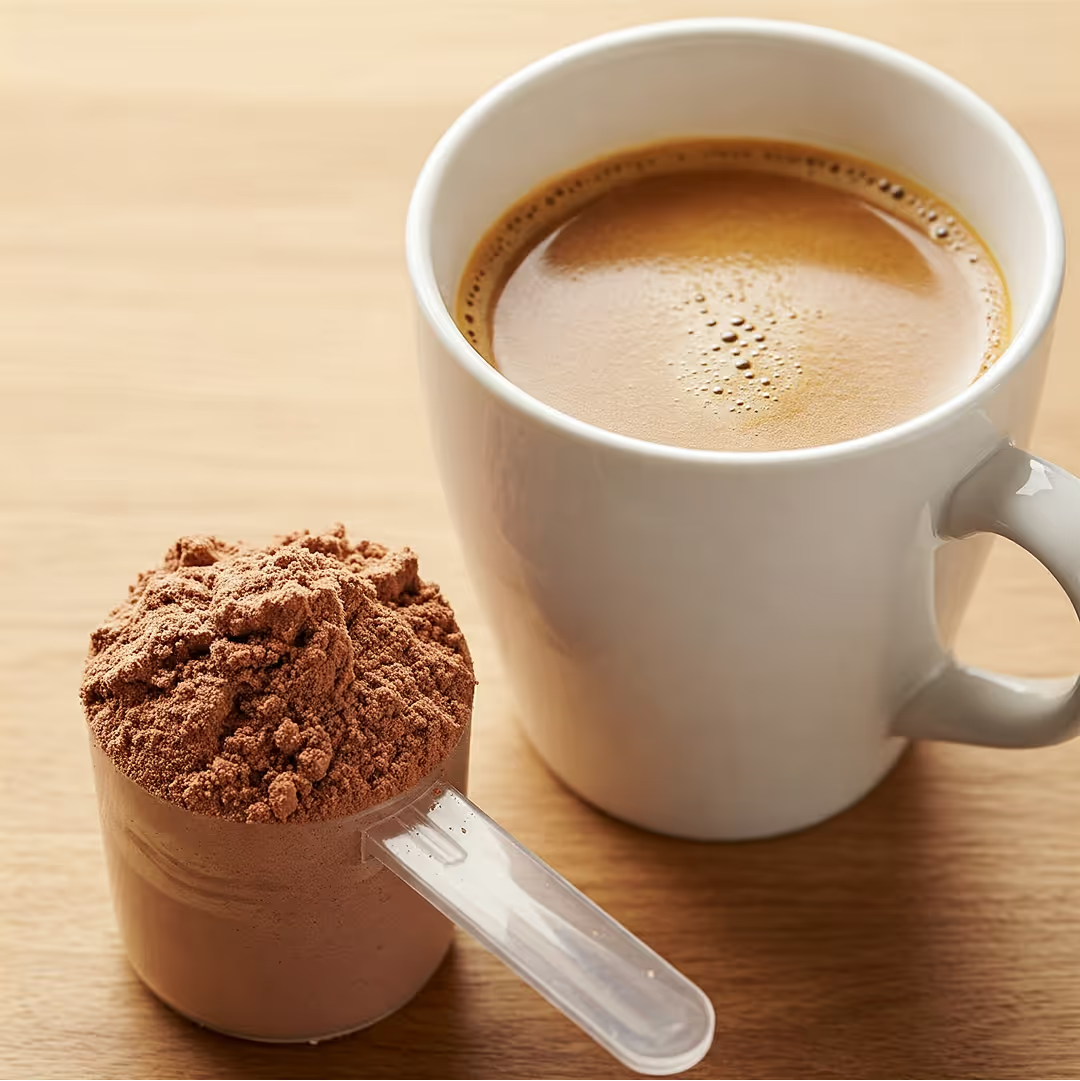Can the aging process be slowed down, or even halted? I don’t know about the latter, but the former has been proven true, as some studies have shown that targeting aging can reduce the burden of diseases and increase health span. Others reveal that 50% of preventable deaths in the US are attributed to behaviors such as smoking or an unhealthy diet that leads to obesity.
There is a difference between chronological age, which begins at birth, and biological age, how old our cells are. Biological age can differ between people, or organs within the same body. When talking about slowing down the aging process, we a rereferring to your organs and how they function, not the years as they go by(unfortunately there’s no changing that). Let’s take a look at how we might regain control of our bodies as we age, through specific areas of health.
Exercise
It’s no surprise that exercise is the first on this list, as it’s one of the easiest things to neglect. With aging, tissues lose mass and organs slowly lose function. This is not noticed at first, as these changes occur slowly. When organs work too hard, this can lead to things such as heart failure.
Exercise can help older adults maintain muscle mass, while helping them live longer. Try starting with simple exercises, such as walking, or stretching. This can begin to reverse the effects of aging, rebuilding muscle to prevent bone fracture and maintain muscle mass.
Nutrition
Breaking the habit of unhealthy eating is difficult in anyone, but is especially hard in older adults. Things like sugar and processed foods are addictive. Once embedded into your diet, you’ll need attentive care to change it.
Resources such as The Blue Zones Kitchen tell us that diet can directly impact our lifespan. A good diet to maintain is the Mediterranean one, as it’s filled with fresh produce, whole grains and healthy fats, and can reduce the risk of cardiac death.
Sleep
The world of late night scrolling and binge watching has a hold on us all, no matter the age. Sleep is something we all crave, so why don’t we prioritize it? Older adults might have sickness and pain that makes it difficult to sleep, or heavy responsibilities that get in the way. However, they should get seven to nine hours of sleep, as it helps with mood and memory.
Sleep also helps with lower rates of insulin, heart disease and obesity, simultaneously lowering depression. To get better sleep, avoid naps and try going to bed at a consistent time. Exercising closer to bedtime while eating meals further from bedtime also helps with sleep quality.
Mental Health
With a growing awareness of mental illness and disorders, research has shown that as functional impairment increases, so do symptoms of depression. Disorders such as anxiety or depression lead to social isolation, and decreased activity. Older adults who are isolated are also at a higher risk for heart disease and cognitive decline.
Medication and therapy can significantly help ease symptoms of depression or anxiety. A therapist can provide you with coping skills and get to the bottom of symptoms, while also detecting any other disorders that might be prevalent. Exercise can also reduce mental illness, as it releases serotonin, the neurotransmitter that regulates mood and body functions.
Alcohol
Limiting alcohol consumption is a good idea no matter your age, but the consequences of alcohol abuse are greater for older adults. An article points out that with age, metabolization slows, leading brains to be more sensitive to alcohol or drugs. Not to mention, getting regular prescriptions for pain or sleep makes older adults more susceptible to substance misuse.
As heightened alcohol consumption can make existing health problems worse, taking action to reduce, or stop drinking it altogether is wise. Decide how much you want to drink a week, then try keeping track of how many drinks you have. Switch out normal drinks for nonalcoholic ones, or low-alcohol options. You can also ask for accountability from family or trusted friends.
It’s crucial to focus on all aspects of our health, as we’re more susceptible to illness and disease as we age. Through prioritizing exercise, nutrition, sleep, mental health and being aware of substance consumption, you can prolong your internal organs and overall lifespan.





